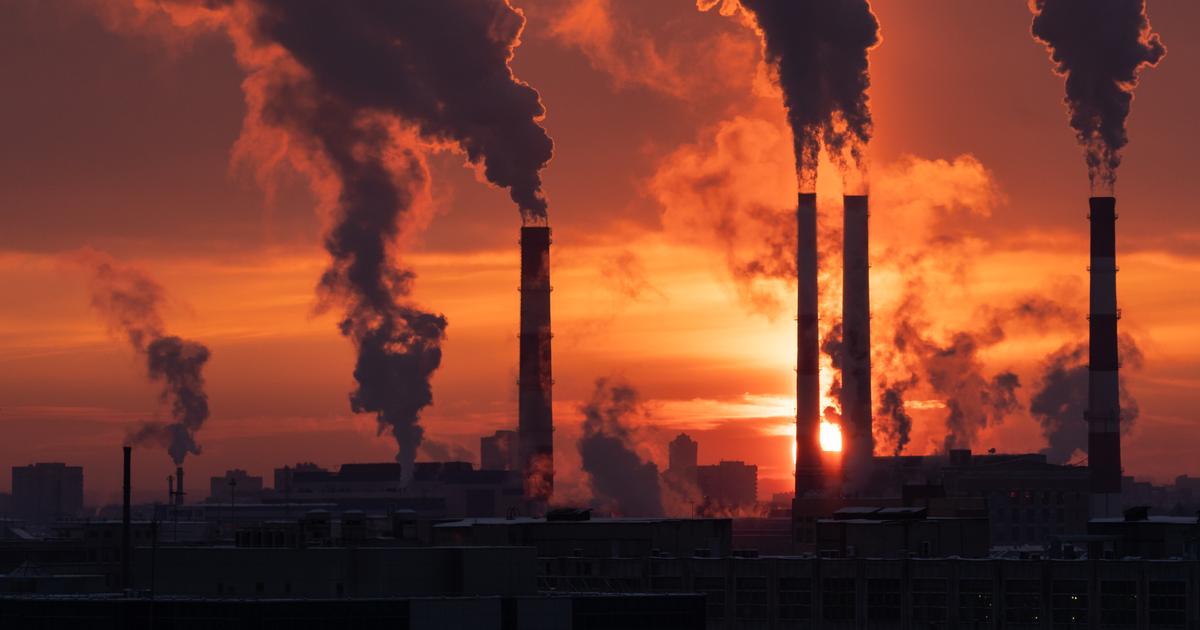Germany Embraces CO2 Capture and Storage to Meet Climate Goals
Germany is taking significant steps to combat climate change by approving a bill that authorizes the use of CO2 capture and storage (CCS) technology. This move, announced by the government of Olaf Scholz, is designed to help the nation meet its ambitious climate objectives. The bill, which still requires parliamentary approval, aims to store captured carbon dioxide in the German subsoil and territorial waters, particularly in the North Sea, while marine protected areas will remain unaffected.
Economy and Climate Minister Robert Habeck emphasized the technology's necessity for Germany's climate goals, stating, "It's time for pragmatism – and climate pragmatism." Germany, the largest emitter of greenhouse gases in the European Union, aspires to achieve carbon neutrality by 2045. According to Habeck, without implementing CO2 storage, the country's climate protection objectives are unattainable. He also highlighted that this strategy would help the struggling German industry maintain competitiveness.
The bill excludes coal-fired power plants from CCS, upholding Germany's commitment to phase out this fossil fuel by 2030. Despite promotion by organizations like the Intergovernmental Panel on Climate Change (IPCC) and the International Energy Agency (IEA), the technology faces criticism. Environmental groups argue it is a costly and insufficiently tested method. Greenpeace criticized CCS as "much too expensive" and uncertain regarding the long-term security of CO2 storage.
Robert Habeck countered these criticisms by asserting that the technology is "safe and mature," arguing that Germany needs to catch up with other European nations like Denmark, Norway, the Netherlands, and Sweden, which have already agreed on protocols for cross-border CO2 transport.
Germany is not alone in its endeavors. France has signed an agreement with Denmark to allow French industrial CO2 to be stored in Danish basements and plans to test similar storage solutions domestically by 2025. As of the end of 2023, 40 commercial entities globally were employing CCS, capturing a total of 45 million tonnes of CO2 annually, according to the IEA.
- In alignment with its green initiatives, the German cabinet has also passed a draft law aimed at accelerating hydrogen projects. Seen as vital for the energy transition, hydrogen can store and transport renewable energy. The bill facilitates quicker planning and approval processes for hydrogen projects by classifying them as 'in the overriding public interest.' However, there are exceptions where water shortages may occur due to the water-intensive nature of hydrogen production, especially in regions undergoing climate change.
- The municipal utilities association VKU has welcomed the new regulations but cautioned that water protection rules still require refinement to prevent overly complicated approval procedures. With these combined efforts in CO2 capture and hydrogen projects, Germany seeks to balance its climate protection goals with practical solutions for a sustainable future.





